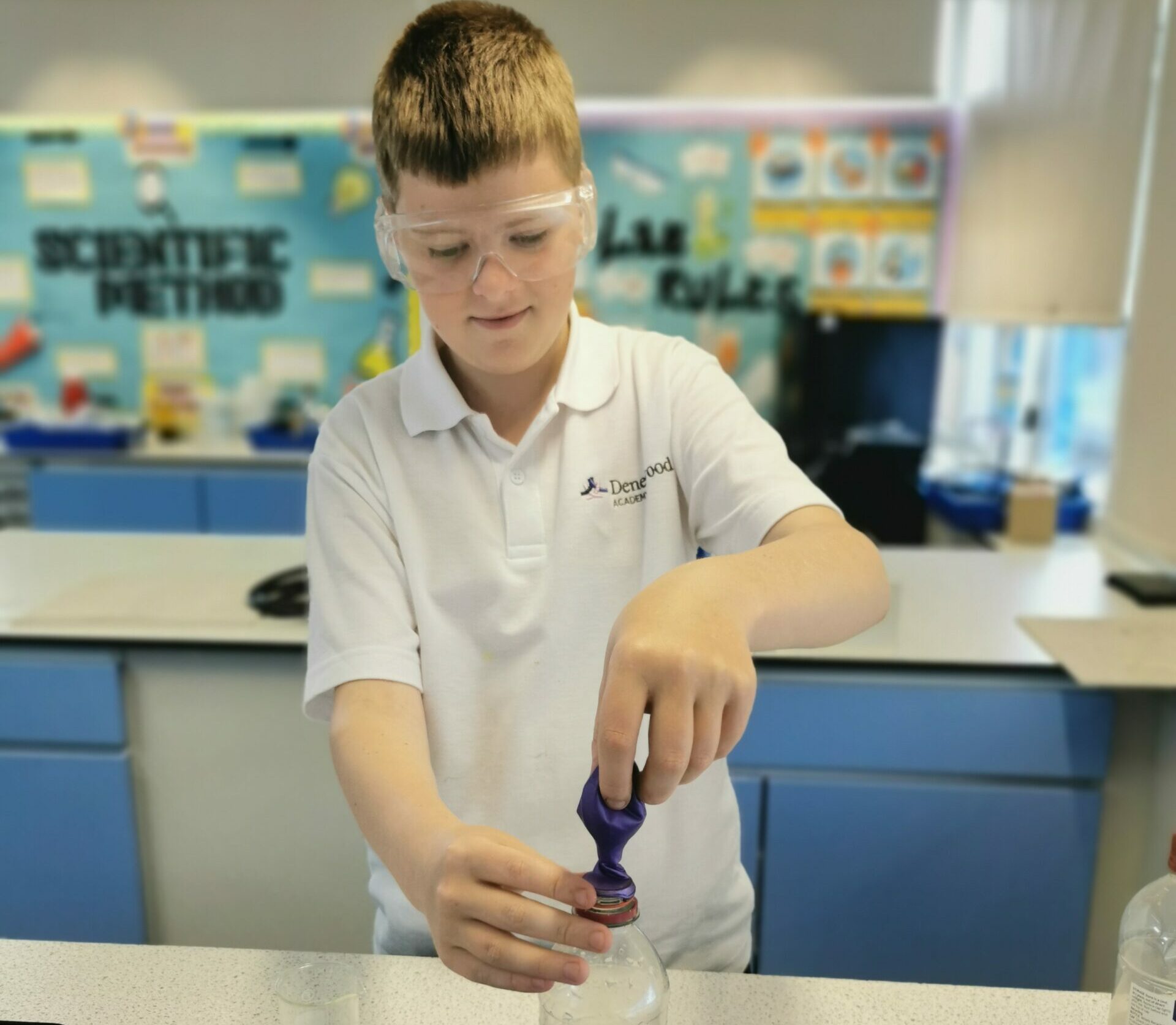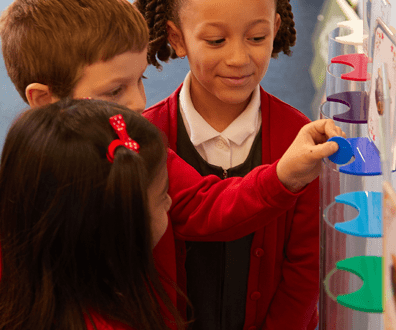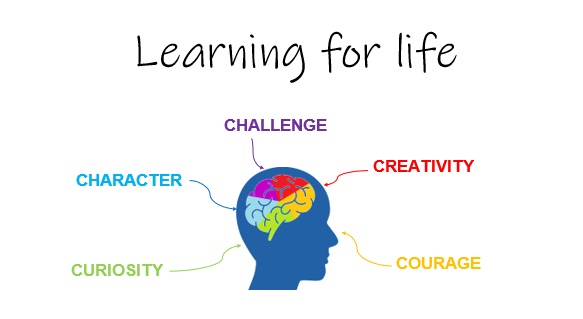Click below for our Long Term Plans 2025 – 2026
Computing English Literacy Spine Creative Arts Maths Physical Activity PSHE Science Topic Food Tech CareersImplementation
Upon arrival at Denewood Academy, pupils complete baseline tests:
- CATS assessments- to help determine aspirational academic targets.
- Reading assessment – to determine the reading programme band
- Emotional development profiling – to establish SEMH needs.
The results of these tests signpost pupils towards a suitable assessment pathway tailored towards their needs. The Academy has mixed-age classes of children, many of whom are not working at age-related expectations. It is therefore crucially important that our curriculum is flexible enough to enable us to meet a wide range of needs. The curriculum is guided by National Curriculum objectives but delivered in alternative ways to engage all learners.
Impact
The impact of our curriculum is measured through pupil achievement and attainment (academic and SEMH). An understanding of individual circumstances is vital in understanding personal success.

Enrichment opportunities are planned into schemes of work where possible. PSHE workshops occur on a half-termly basis that responds to the current issues in society or the local community.
Across all phases, literacy intervention is provided for pupils working below age-related targets. Emotional development interventions are on offer for pupils struggling with well-being and resilience.
Across key stages 2 and 3 the curriculum provides all the core subjects of English, Maths and Science as well as Humanities, Physical Activity, Art, PSHE and Food Technology. ICT skills are delivered across the curriculum. Teachers deliver content that is relevant, interesting and engaging.
Pupils have the opportunity to take part in Creative Arts, Gardening, Citizenship projects and Careers workshops (KS3). Allotment Education is an intervention to support our pupils across both phases. External partners, such as YMCA, other local charities or local support groups also work with KS3 every week embedding communication and interaction skills.

Context
A high proportion of our pupils attending the academy have experienced trauma and have a wide range of previous learning experiences. These have led many to associate schooling with a sense of failure and a negative view of the school. The pandemic has led to significant periods out of school for all children and disrupted their sense of ambition and connectivity to societal norms. These barriers to child development are heightened for complex learners with social, emotional and academic needs, which further impacts their mental health and well-being and ability to access learning.

Our approach across the academy is child-centred and requires our academy to develop assessment pathways that respond to the needs of the children. Our transition programme through admissions allows staff to develop a greater understanding of the pupil and their needs, before assigning them to the most appropriate pathway.
School Leaders hold the autonomy to ensure their carefully designed curriculum meets the contextual needs of their settings. The impact will be evidenced through internal quality assurance, Trust activities, published school performance measures, and external validation exercises (Ofsted).








